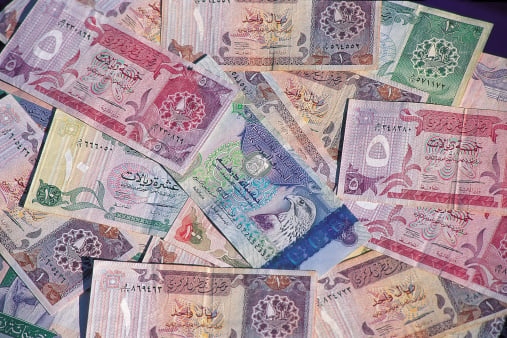Gulf firms turn to banks to fund big projects as state coffers squeezed – SocGen
A drop in oil prices, which hit a six-and-a-half-year low last month, has pushed some Gulf state budgets into deficit for the first time in years

Gulf state-owned firms are increasingly turning to banks to finance infrastructure projects, according to Societe Generale, as governments hit by lower oil prices seek commercial routes to see through extensive development plans.
A drop in oil prices, which hit a six-and-a-half-year low last month, has pushed some Gulf state budgets into deficit for the first time in years, including in Saudi Arabia and Kuwait.
Despite this, governments have maintained that infrastructure schemes deemed important to the economy will go ahead. But with less money to spend, they will be unable to write the huge cheques that had previously funded schemes.
Liquidity in the Gulf banking system is also tightening, as government deposits have declined, potentially opening the door for international players to regain market share lost in the wake of their own pull-back after the global financial crisis when cash-rich local banks stole a march.
“The government-related entities (GREs) are more keen to have their projects funded by banks, as opposed to expecting the state to finance it directly,” said Richad Soundardjee, Societe Generale’s chief regional officer for the Middle East.
He added SocGen – France’s second-biggest listed lender – had “a very good pipeline of projects” for this year and next in the Gulf, without elaborating.
Evidence of GRE fundraising is growing: Saudi Electricity Co is seeking loans worth around $2.3bn and setting up a sukuk programme worth $1.5bn, while Oman Oil Refineries and Petroleum Industries Co (ORPIC) will borrow to finance 70 per cent of its planned $5.2bn plastics production complex.
Saudi Aramco is looking for a $5bn loan to extract cash used to build a refinery in a joint venture with China’s Sinopec to spend on other projects.
SocGen has invested in its capabilities in this area in recent months, taking on more staff in Dubai to launch a “structured finance” team in May to handle infrastructure financing.
Soundardjee declined to give firm numbers about the new team specifically, but said the corporate and investment banking (CIB) department it is part of had grown between 10-15 percent in the Middle East since he took over in October 2013.
The structured finance team forms part of Soundardjee’s five-year plan to expand the French bank’s operations in the Middle East, which also includes combining the lender’s CIB operations into one entity with private banking and brokerage to increase cross-selling opportunities.
The final aspect of that – the integration of the Newedge brokerage arm – will be completed later this month, he said.
The bank is also seeking to expand its GRE and corporate client base, initially through higher lending.
“Although we don’t see ourselves as only a lending bank, we also understand that you have to show balance-sheet commitment to get access to business with more value add,” Soundardjee said.
